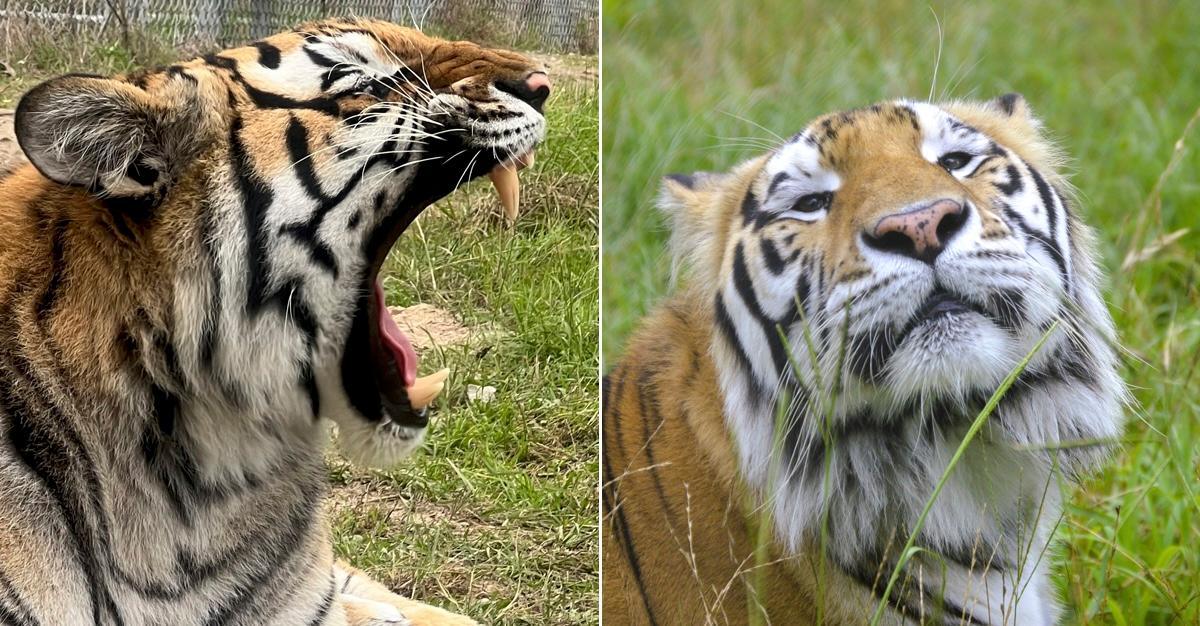Kindness to Animals
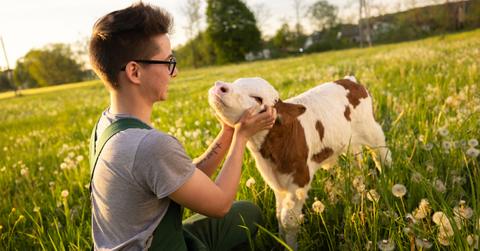
From cock-a-doodle-dooing barnyard friends to teeny-tiny ocean crustaceans to the scuttering rats nibbling on Manhattan street pizza, all animals are deserving of kindness. But what qualifies as "kindness to animals"? Is it donating to an animal welfare charity? Adopting a pet from a local shelter or rescue? Sticking to a plant-based diet? Rejecting animal byproduct fashion? Buying cruelty-free cosmetics? Kindness to animals encompasses all of these commendable lifestyle choices.
What is the meaning of "kindness to animals"?
Animal kindness doesn't have a legal definition. That being said, kindness to furry, scaly, and feathery friends rejects abuse, exploitation, experimentation, and unnatural confinement.
The RSPCA has a fabulous definition: "Animal kindness is treating animals with compassion, empathy, and respect. It's about recognizing that animals have value in themselves and are sentient (they have physical and emotional experiences, and can feel pain). They deserve to be treated well, to be free from suffering and harm, and to live good lives."
The U.K. charity believes that the impactful decisions we make as citizens, role models, nature explorers, and pet owners shape our overall kindness to animals. Here at Green Matters, we use the term "pet parent" over "pet owner," as people shouldn't hold ownership over Mother Earth's creatures.
The American Humane organization even has a Kindness Pledge, which motivates people to only "visit certified zoos and aquariums" — though we maintain animals shouldn't be exhibited for human enjoyment (support an animal sanctuary instead) — "adopt from an animal shelter or American Humane certified pet provider," "watch movies that support animal welfare on set," and "buy humanely raised products." We encourage people to take the latter pledge point a step further and commit to a vegan diet.
What does animal abuse look like?
The Humane Society of the United States relayed that most animal abuse cases are not reported. "Unlike violent crimes against people, cases of animal abuse are not compiled by state or federal agencies," the nonprofit wrote.
While abuse against dogs, cats, horses, and livestock is commonly reported, factory farm industry abuse is typically only reported when it's shocking and "newsworthy." We've written at length about various instances of rampant animal abuse in the animal testing industry, the wool industry, the dairy industry, the fur and leather industries, and the zoo and aquarium industries (including the infamous SeaWorld).
The nonprofit specified that both intentional and unintentional cruelty to animals are forms of abuse. While men under 30 are most likely to intentionally abuse animals, according to surveys, women over 60 are most likely to unintentionally abuse animals via neglectful hoarding behaviors.
Organized cruelty is another type of intentional abuse, often in the form of deadly cockfighting and dogfighting — both of which are linked to gambling, drugs, and violent acts. According to the World Animal Foundation, dogfighting leads to the deaths of about 16,000 dogs annually. This illegal "blood sport" also continues long-held stigmas associated with bully breeds.
Show kindness by reporting animal abuse of any kind. For those unsure, American Humane offers a list of clear signs of animal abuse as well as tips on reporting.
What is Be Kind to Animals Week?
According to American Humane, Be Kind to Animals Week is the "longest-running humane education campaign" in the U.S. Since 1915, the rescue and kindness initiative has inspired Americans to direct their attention to the animals in their lives, their communities, and the world.
Though we mentioned some kindness-focused activities, consider fostering an animal, creating a safe and non-toxic sanctuary for birds, butterflies, and squirrels in your backyard, or giving your pet a special "spa day." There's no limit to loving animals.
Latest Kindness to Animals News and Updates

Here Are Some of the Hundreds of Animals That Start With the Letter "K"
From kiwis to krill, these animals all start with the letter "K."Once Caged and Abandoned, 2 Tigers Celebrate Anniversaries at Texas Animal Sanctuary
Tigers Elsa and Loki were rescued from captivity in February 2019 and February 2021, and are now living healthy lives at Black Beauty Ranch.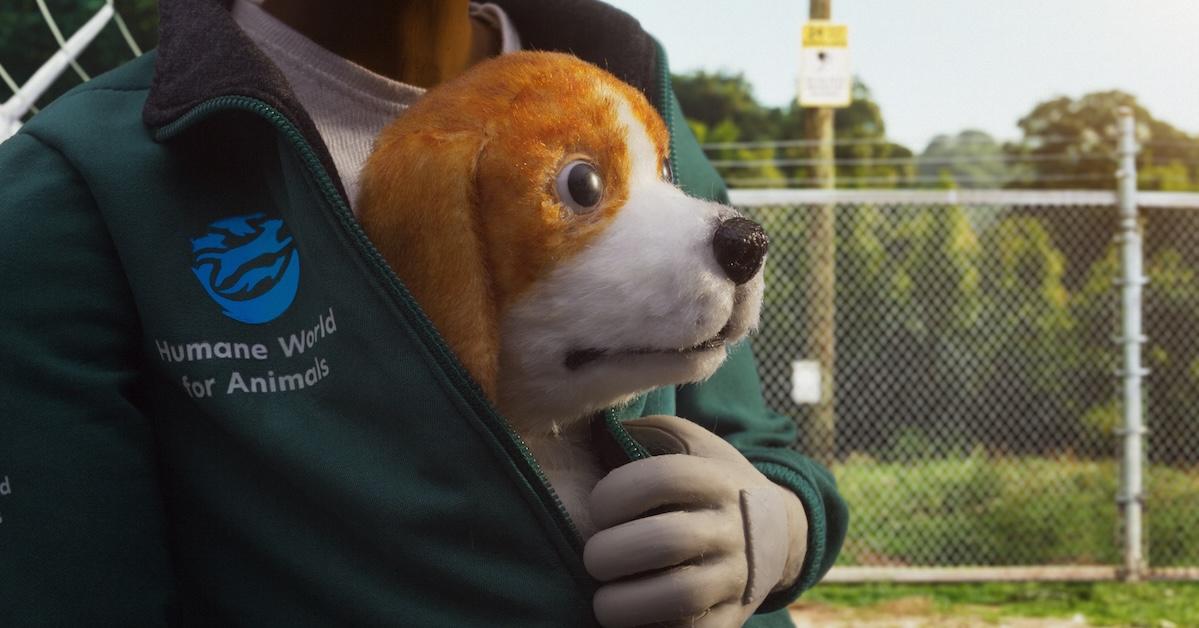
The Humane Society Has Rebranded With a New Name
The Humane Society is now known as Humane World for Animals, which the organization hopes will better convey its mission of serving animals.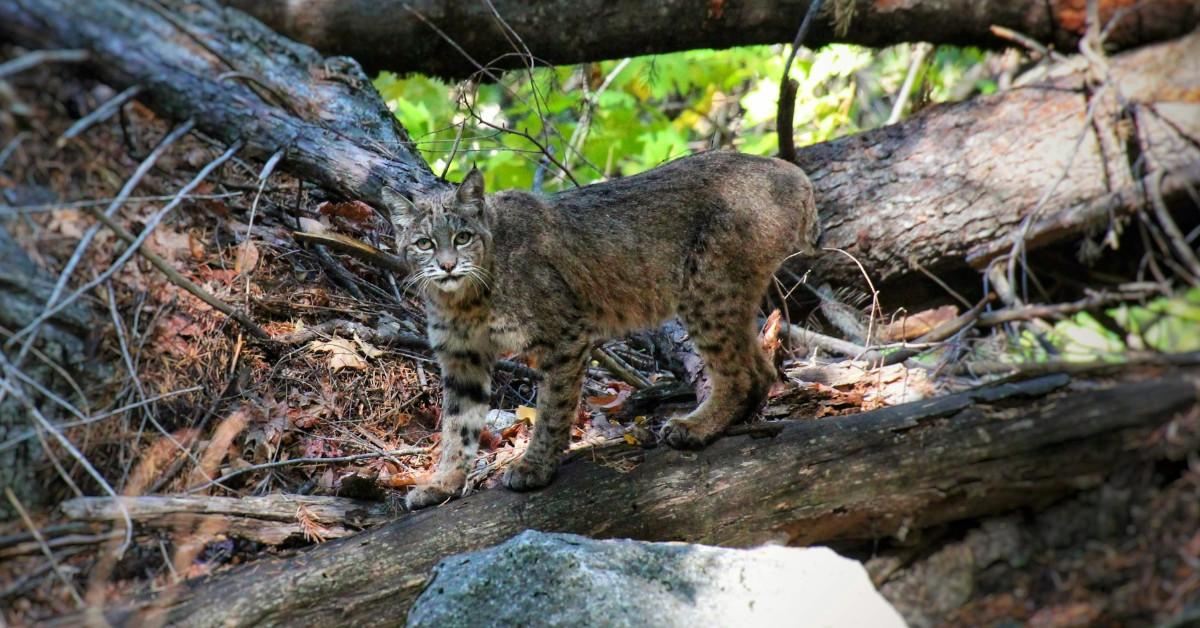
Keeping a Bobcat As a Pet Is Legal in These States — But Is It Safe?
Bobcats are wild animals and should not be kept as pets.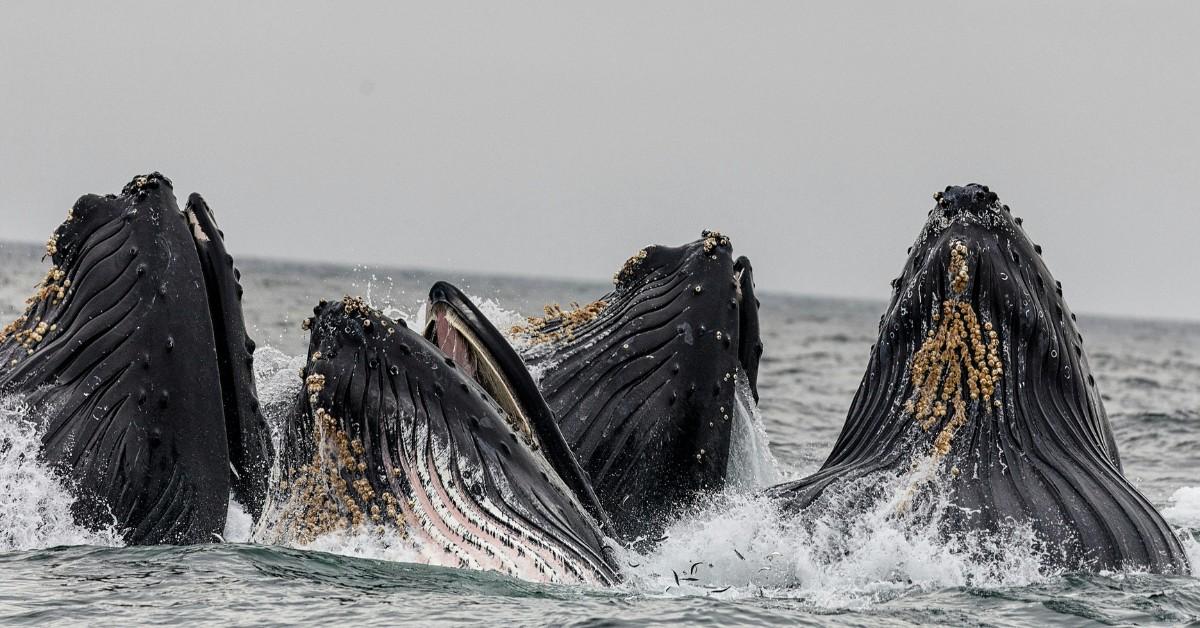
Whale Songs Aren’t Just Noise – They Have Surprising Similarities to Human Speech, Study Finds
A study finds that whale songs are similar to human speech patterns after breaking down the sound lengths and frequencies used by the mammals.
The Puppy Bowl 2025 Lineup Has Been Released
Animal Planet announces the lineup for Puppy Bowl XXI, the show that takes place on Feb. 9, 2025.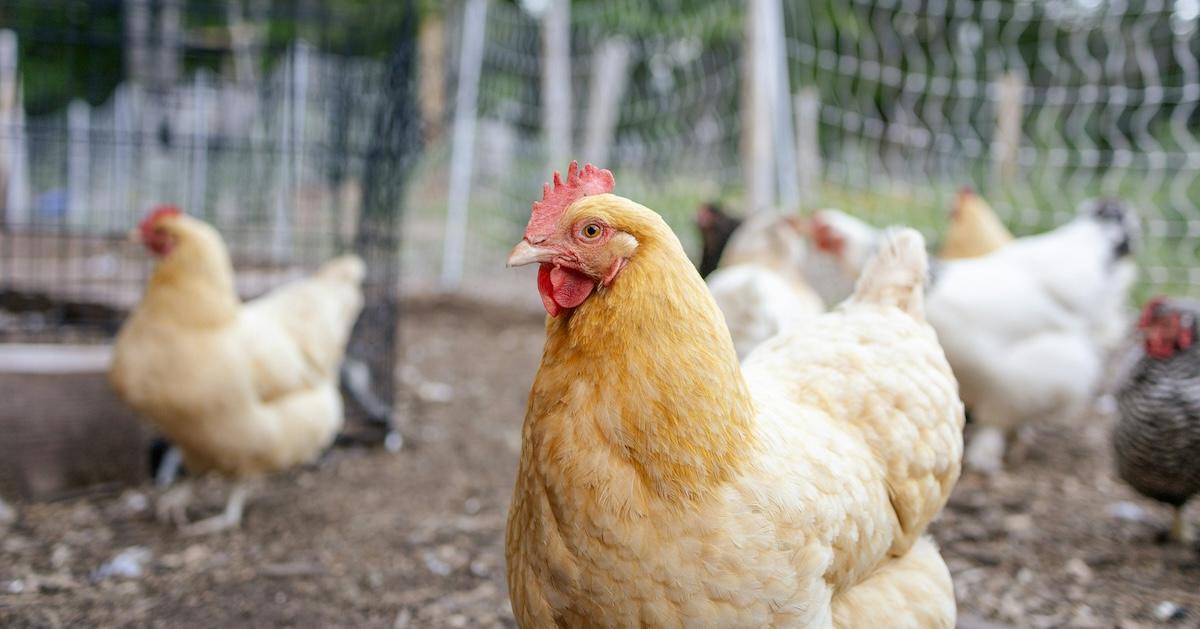
How Many Eggs Should Hens Actually Lay? What’s Happening in Factory Farms vs. Nature
Humans have bred and manipulated hens to lay eggs far more frequently than they would naturally.
Stray Tibetan Mastiff Is a New Dog After Vets Shave 32.4-Pound Mass of Fur
A stray Tibetan Mastiff named Sprout gets a life-changing haircut after being groomed by a rescue that shaved off 32.4 pounds of fur.
For Groundhog Day, PETA Wants to Replace Phil With This Twist on a Gender Reveal Party
A disturbed and manhandled groundhog's weather predictions are not accurate — and PETA has some better ideas.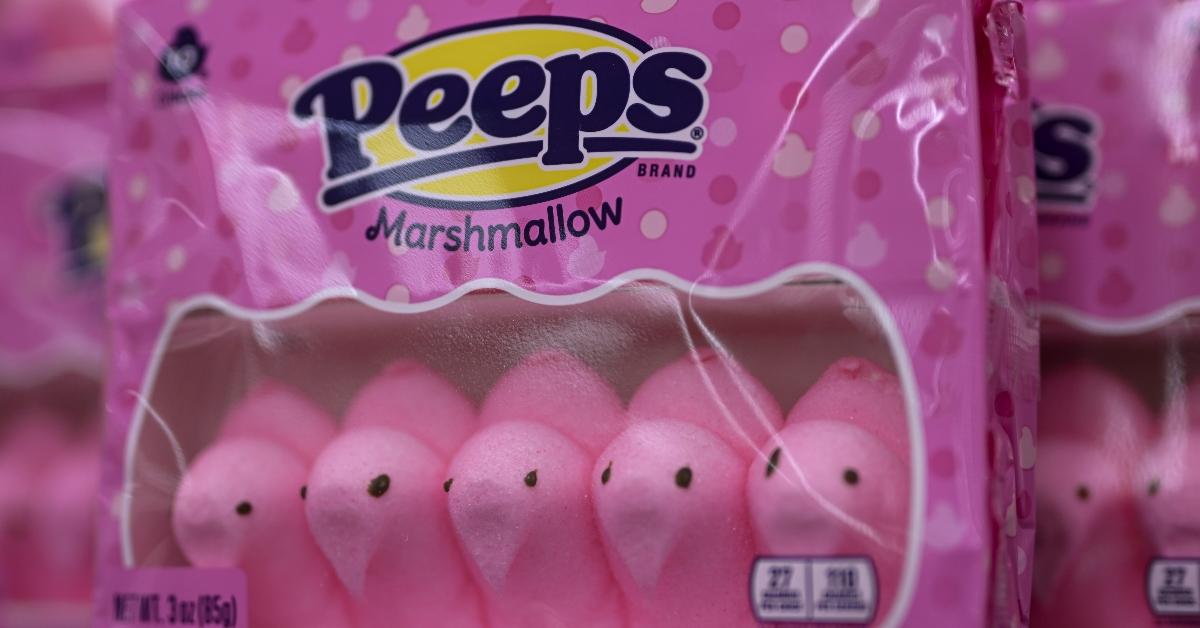
FDA Bans Artificial Coloring Red No. 3 From Food — Here’s Which Foods Contain the Dye
Here's a list of some common foods that contain Red No. 3, which was banned in cosmetics in 1990 and in food as of 2025.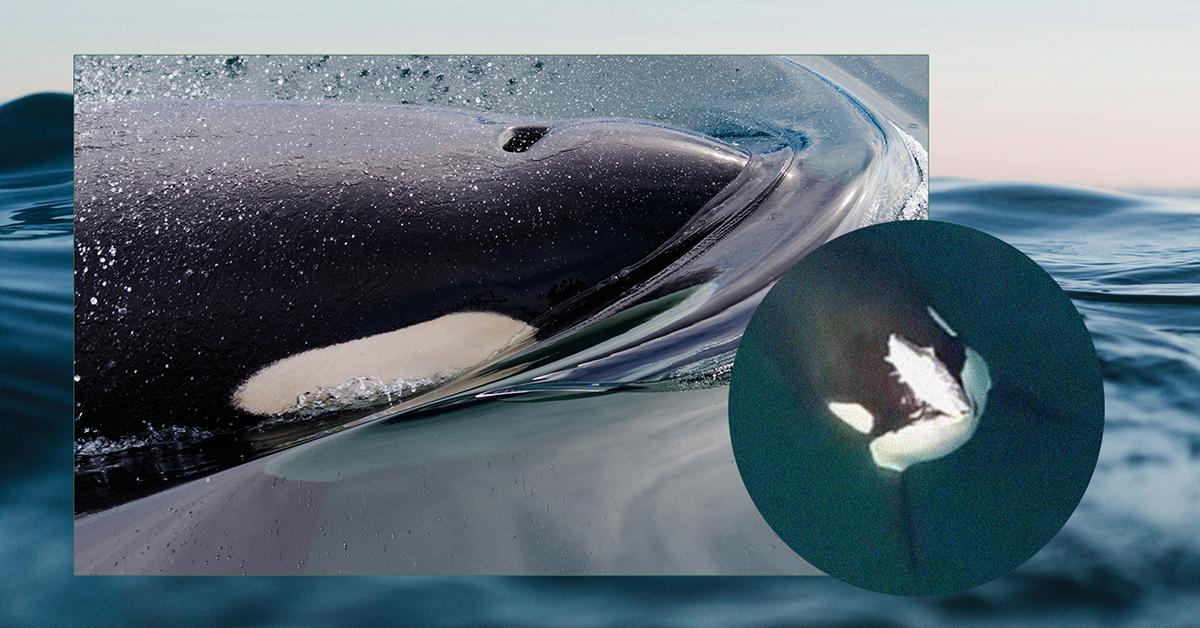
Orcas Bring Back Fashion Trend From Decades Ago: Salmon Hats
Orcas have been spotted wearing dead salmon on their head like hats, a trend that hasn't been popular with the whales since the 1980s.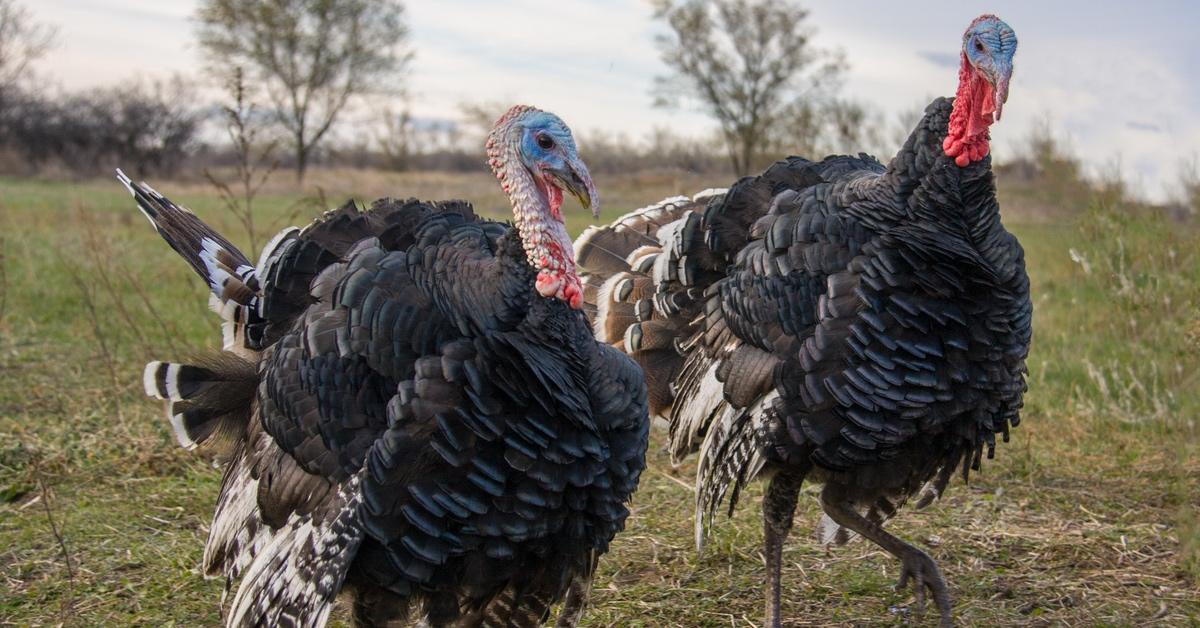
The Turkeys the President Pardons Have a Better Fate Than Those in the Slaughterhouse
The turkeys who the president pardons each Thanksgiving are treated to a fate better than the slaughterhouse — but it's still not ideal for the animals.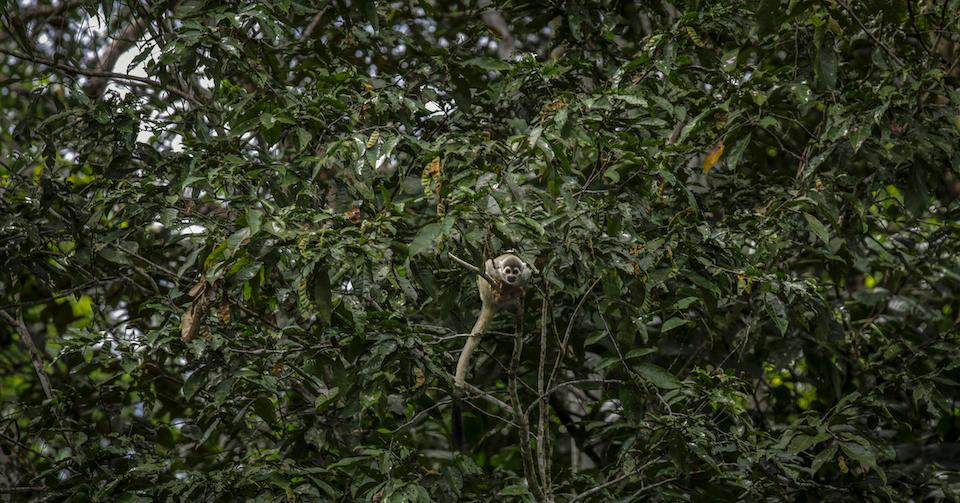
The New Species Experts Have Discovered — or Rediscovered — Throughout 2024
In 2024, a number of new animal species were discovered (and rediscovered!) including snakes, dinosaurs, jaguars, and more.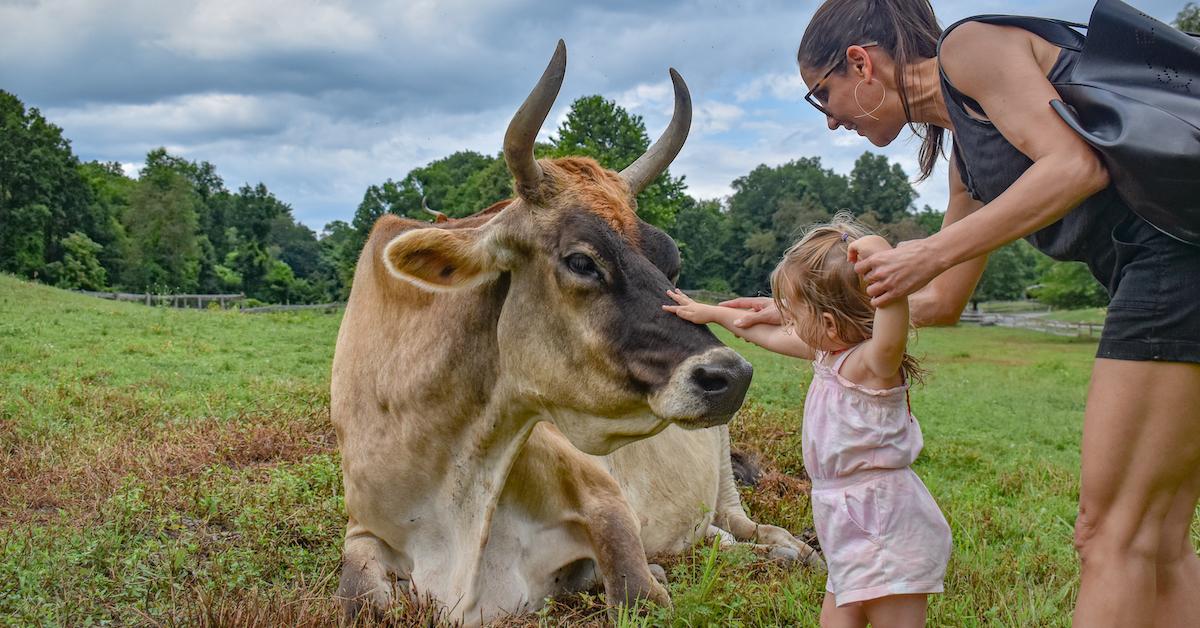
How to Celebrate World Vegan Month This November
Every Nov. 1, World Vegan Day kicks off World Vegan Month, and celebrates the vegan lifestyle.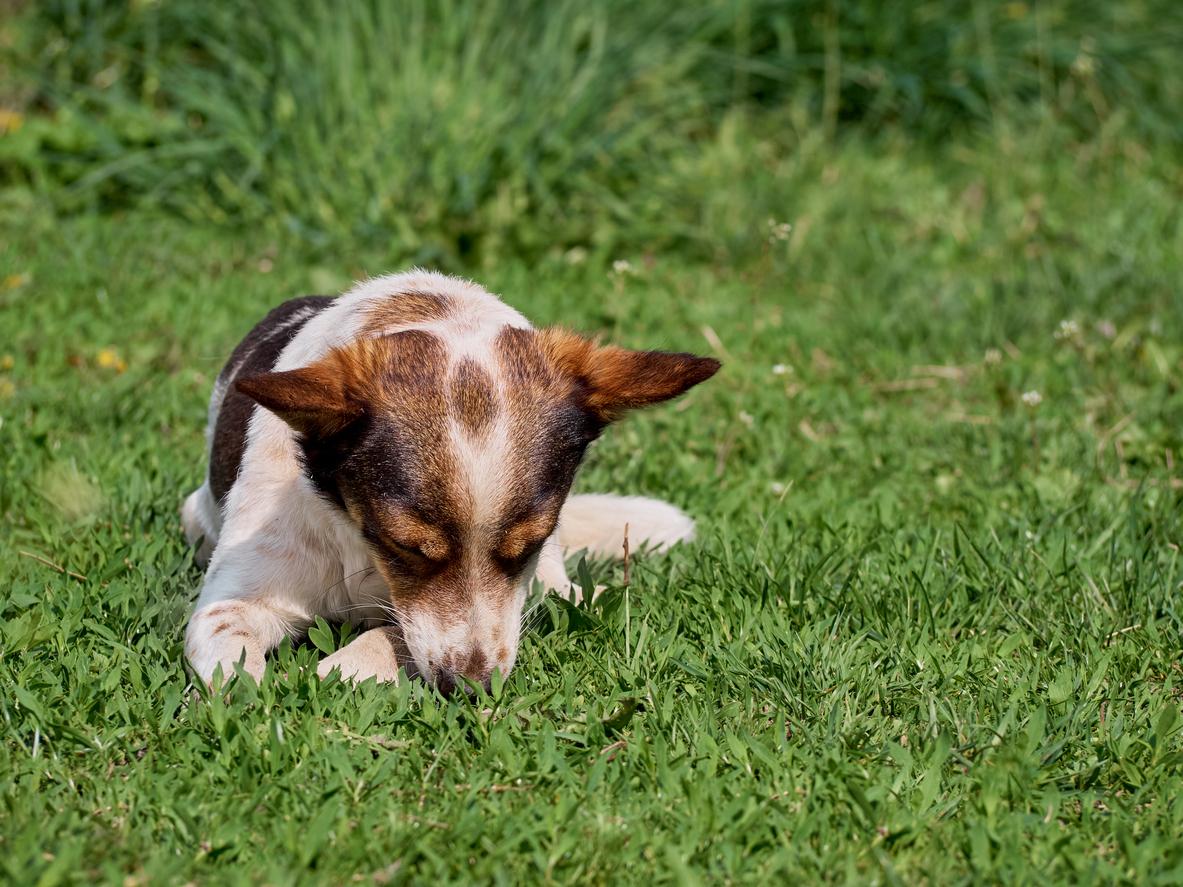
Read This If Your Dog Has Been Chewing His Paws
If you notice your dog excessively chewing on their paws, consult a vet immediately, as the behavior can indicate a larger problem.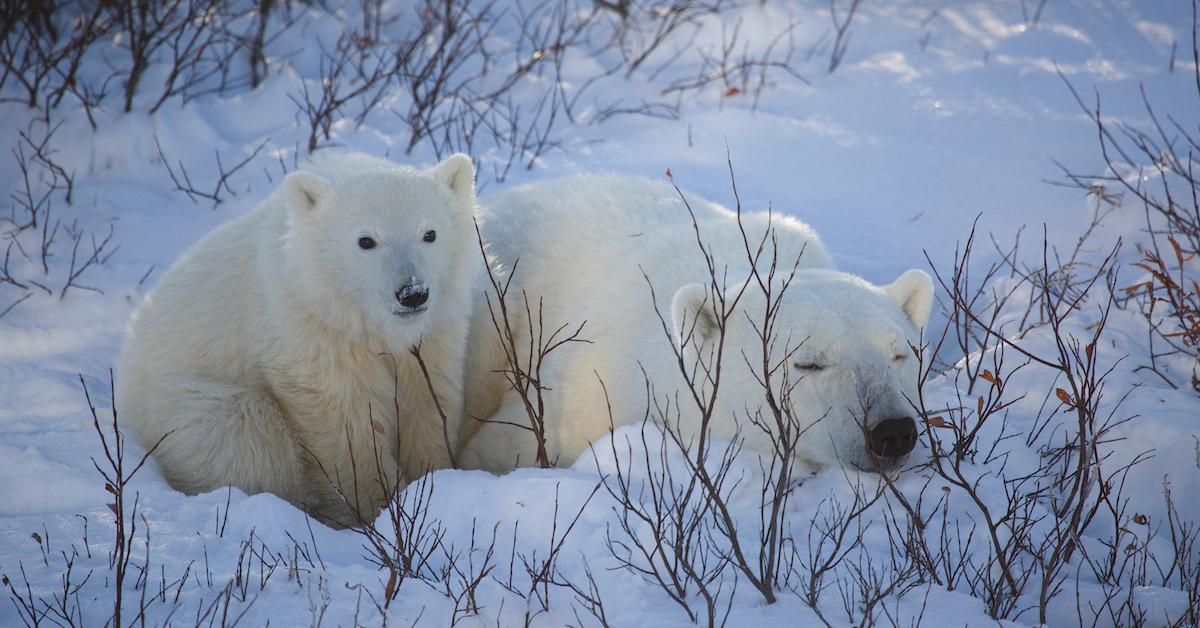
Polar Bear Week 2024: How to Help Protect Polar Bears From Climate Change
Polar Bear Week falls during the annual polar bear migration — here are all the details on the 2024 holiday.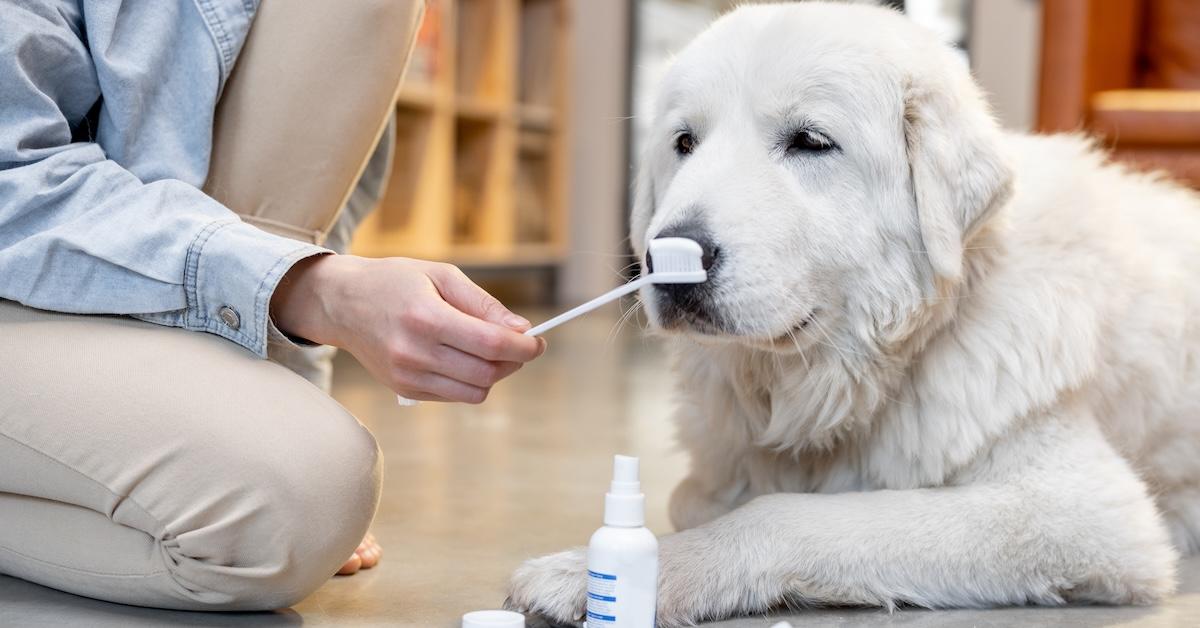
These Cruelty-Free, Natural Dog Toothpastes Are Paw-fect for Your Pup's Pearly Whites
Prevent tooth decay and gum disease in your precious pooch by brushing their chompers regularly with one of these natural dog toothpastes.
Rescuers Save Dog Who Was Tied to a Fence During Hurricane Milton
Members of the Florida Highway Patrol rescued a dog who had been tied to a fence along I-75 ahead of Hurricane Milton's arrival.
Here’s What It Means When a Cat Wags Their Tail
The body language your companion cat exhibits can clue you in to their mood and their health. Here are signs to notice when a cat wags their tail.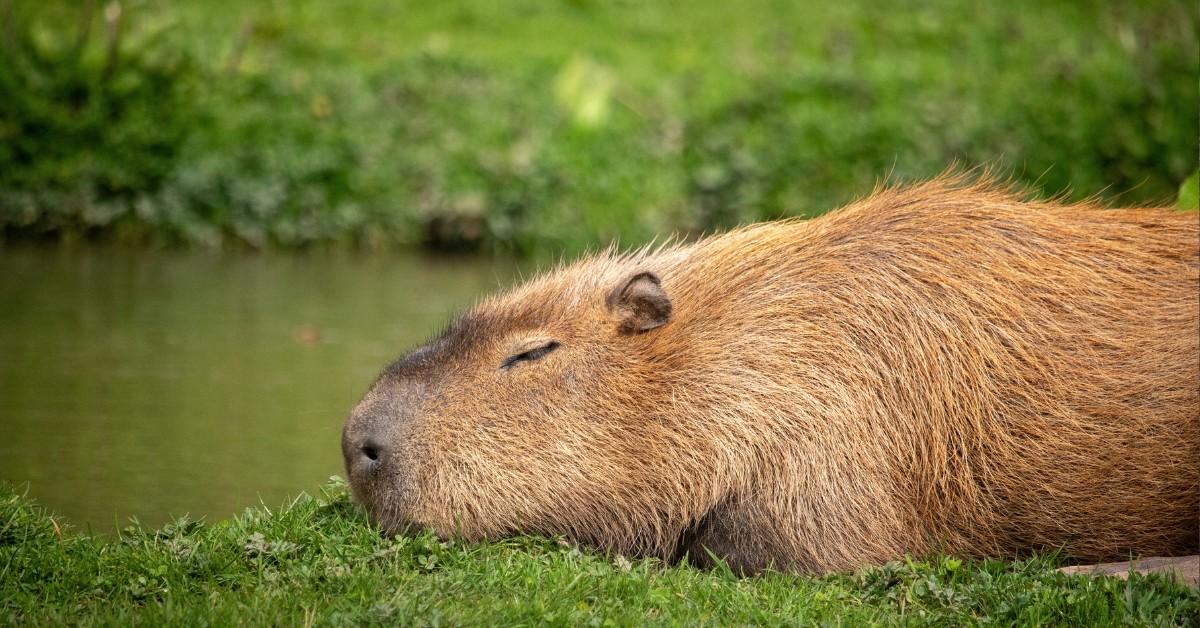
All of England Is Looking for Cinnamon the Capybara, After She Escaped the Zoo
The Hoo Zoo and Dinosaur World launches massive manhunt for missing Capybara.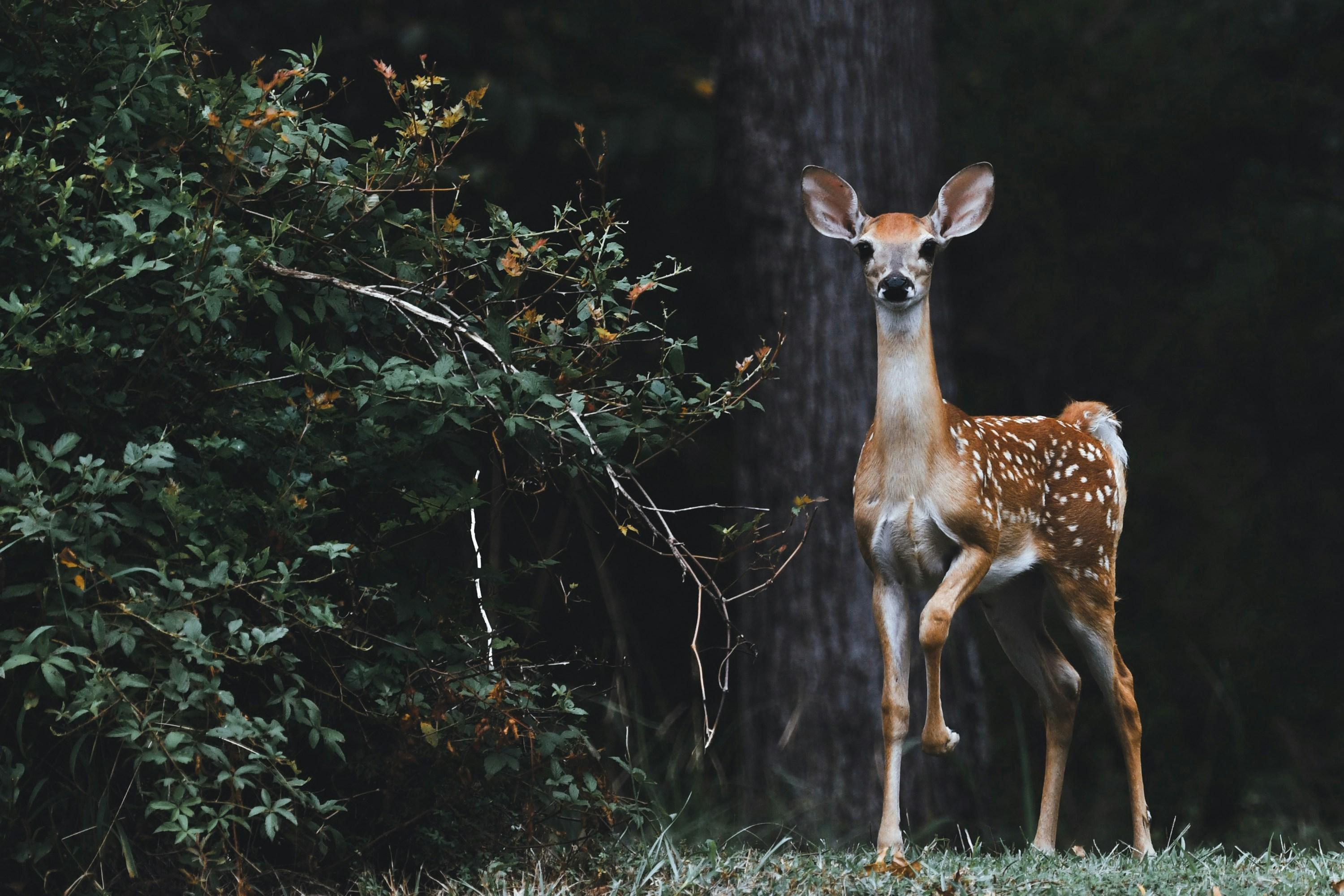
Seeing a Deer Can Mean You're About to Experience a Rebirth
When you come across these beautiful, delicate, majestic creatures, count yourself lucky. Deer hold many spiritual meanings for many.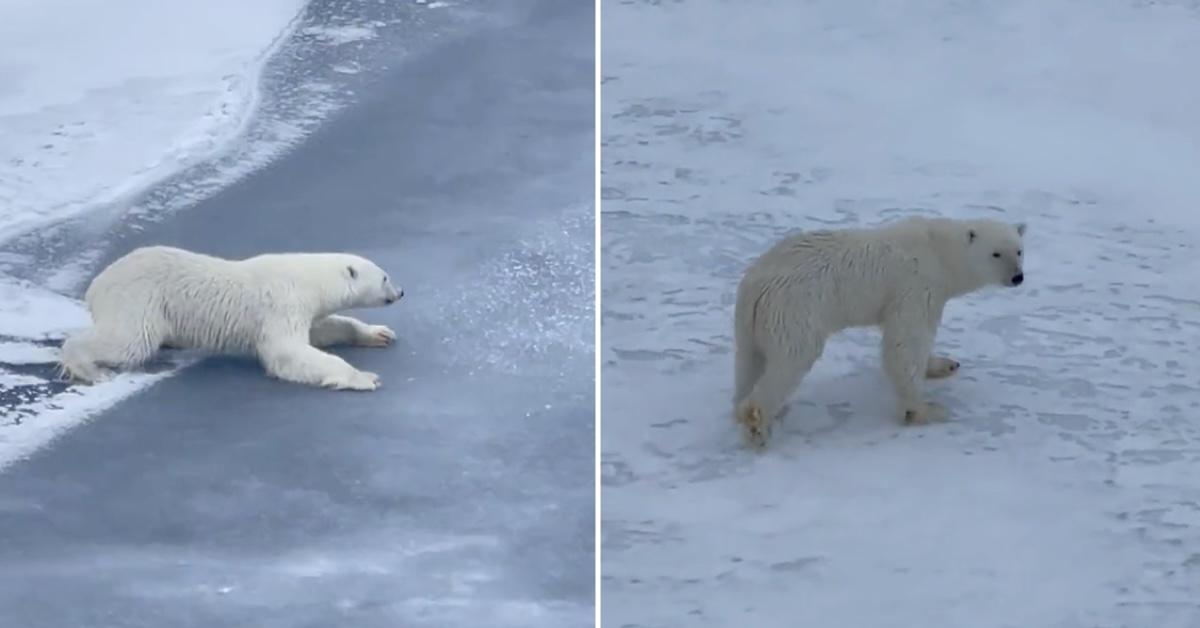
Viral Video Shows How Polar Bears Brilliantly Travel Across Thin Ice
A polar bear uses physics to reduce surface pressure while crossing thin ice in a viral video.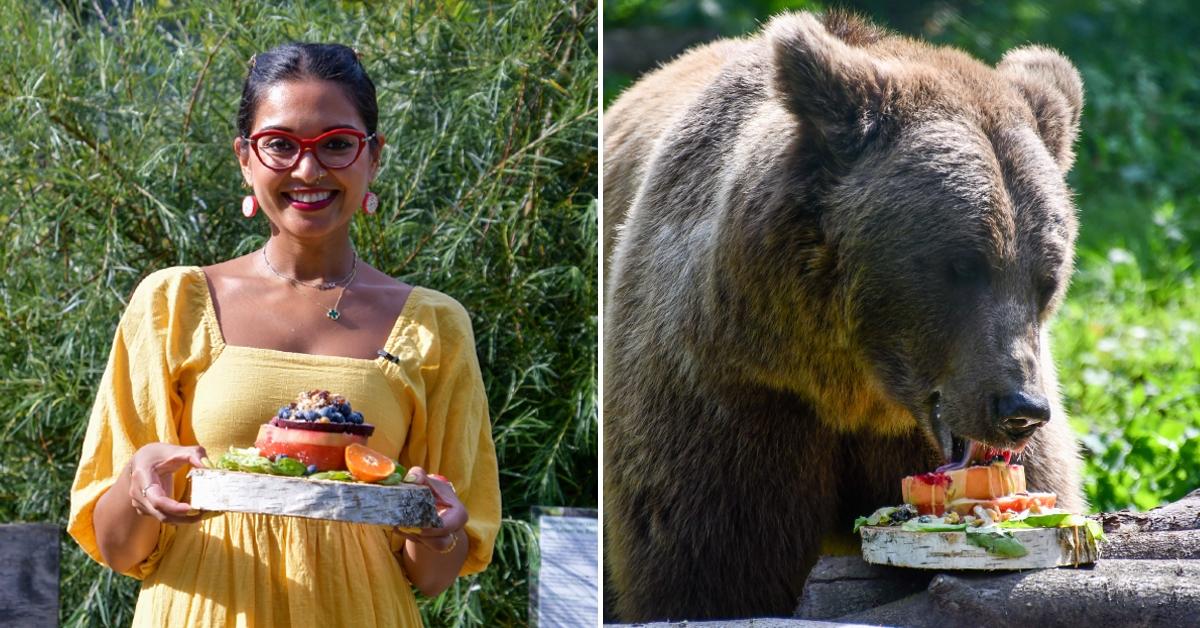
March Napness Champion Bears Eat a Fruity Prize Developed by Vegan Chef Priyanka Naik (Exclusive)
What do brown bears eat? The 2024 March Napness champion bears were treated to a meal developed and prepared by vegan celebrity chef Priyanka Naik.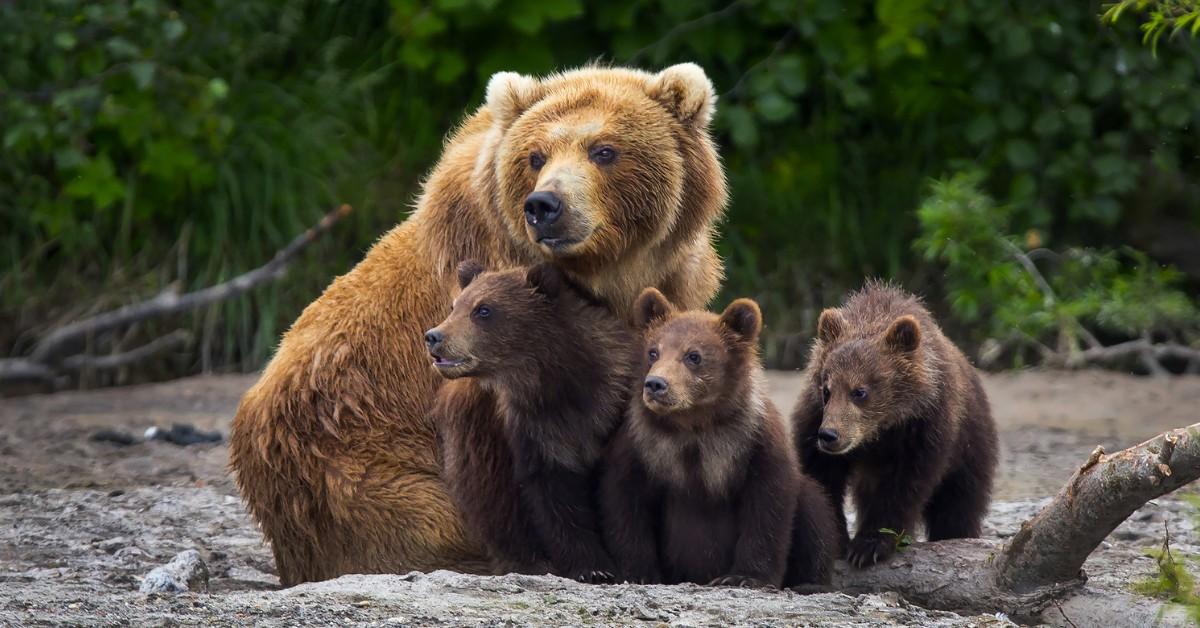
Conservationists Warn Swedish Officials Against Swedish Bear Hunt — Details Here
Conservationists are warning Swedish officials against the annual brown bear hunt due to the extreme potential loss.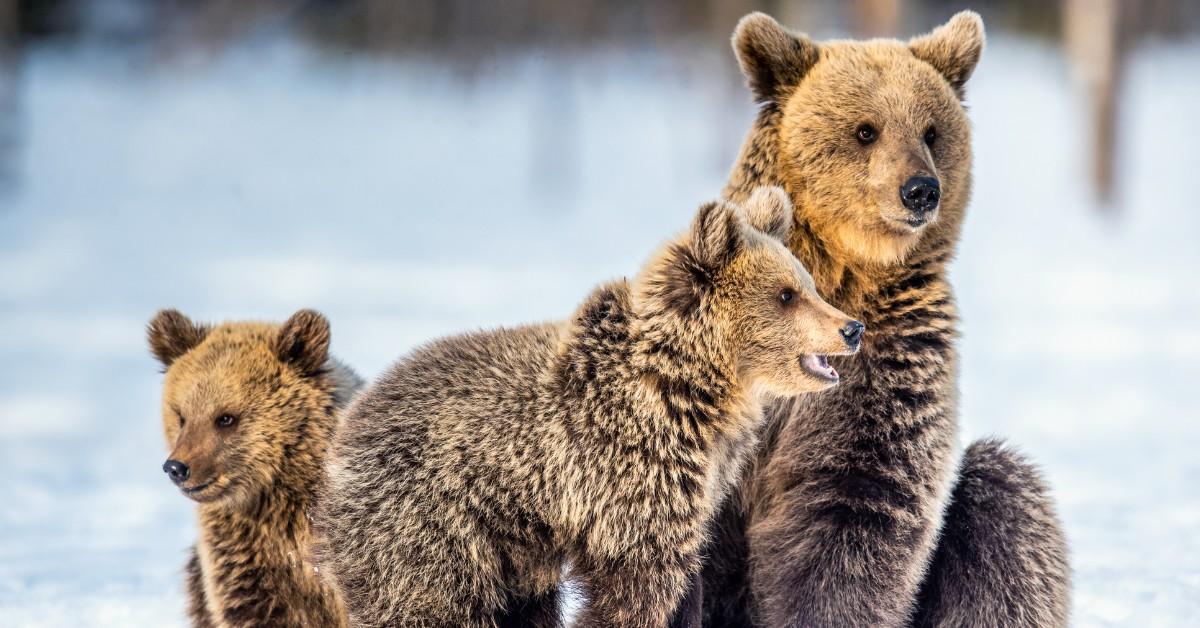
Do People Really Eat Bear Meat? The RFK Jr. Central Park Story Raises Questions
Like Robert F. Kennedy Jr., many hunters will eat bear meat.
Nicola Peltz Beckham Sues Dog Groomer for Allegedly Killing Her Chihuahua
Nicola Peltz announced in June 2024 that her beloved dog Nala had died, blaming the dog's groomer.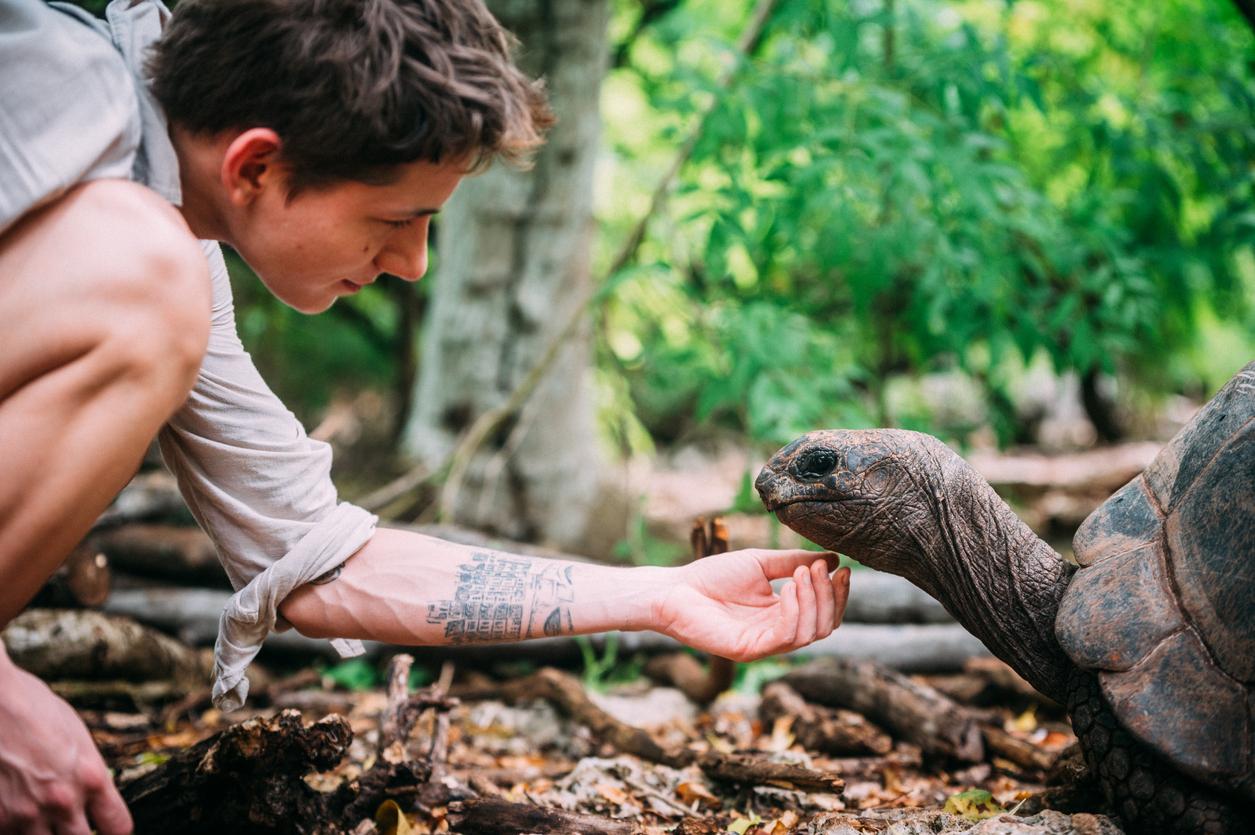
5 of Our Favorite Turtle Rescue Organizations Around the U.S.
If you ever find an orphaned or injured turtle in need of rehabilitation, here are some of our favorite turtle rescues.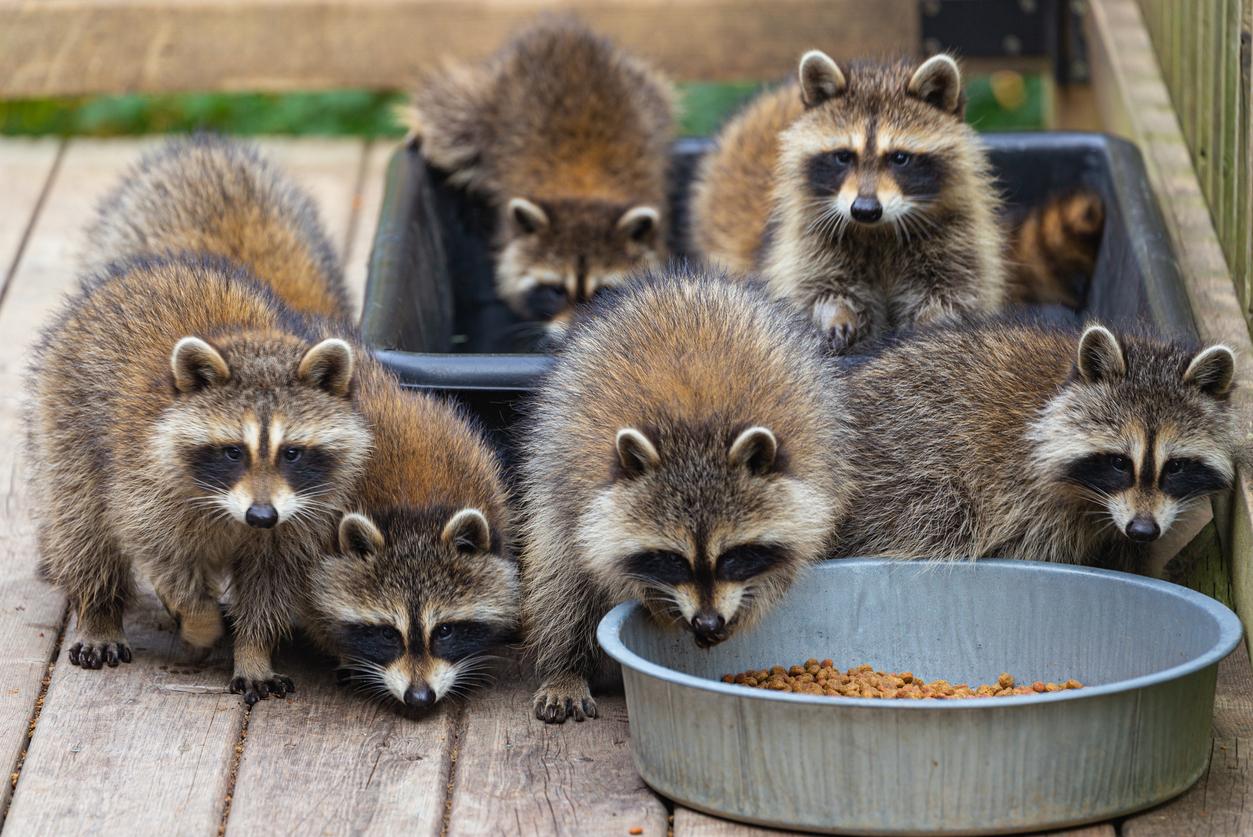
Raccoons Will Eat Just About Anything, but They Do Have Favorite Foods
Raccoons are adorable omnivores known for consuming food anywhere they can find it. Some of the foods they eat are similar to that of a human diet.
Orcas Continue Sinking Yachts in the Strait of Gibraltar — Details Here
Orca whales near the Iberian Peninsula are sinking boats on purpose. Scientists say this may be a learned social behavior from one orca in particular.
Katie Cleary on Her Doc 'Protectors of the Wild': "The Health of the Ecosystem Relies on Wolves" (Exclusive)
In an interview with Green Matters, filmmaker Katie Cleary discusses protecting wild wolves in North America and her upcoming doc 'Protectors of the Wild.'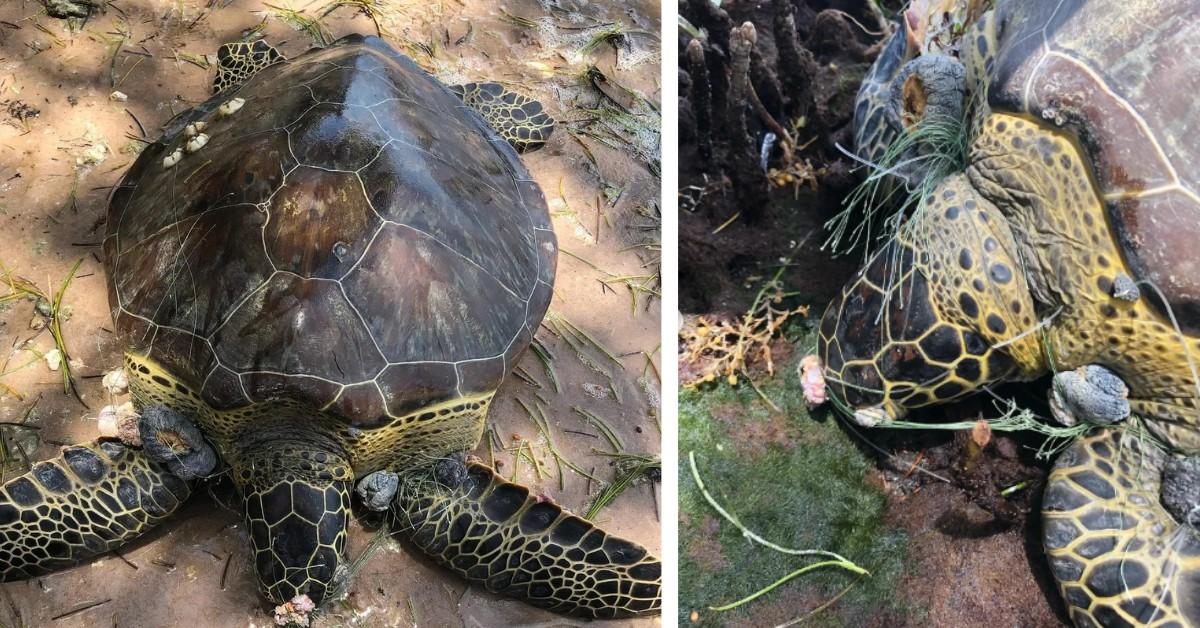
Fire Dept. Rescues Young Turtle in Florida, Highlighting the Dangers of "Ghost Nets"
A sea turtle was rescued after it was spotted entangled in fishing nets, allowing the Miami-Dade Seat Turtles program to swoop in and help him out.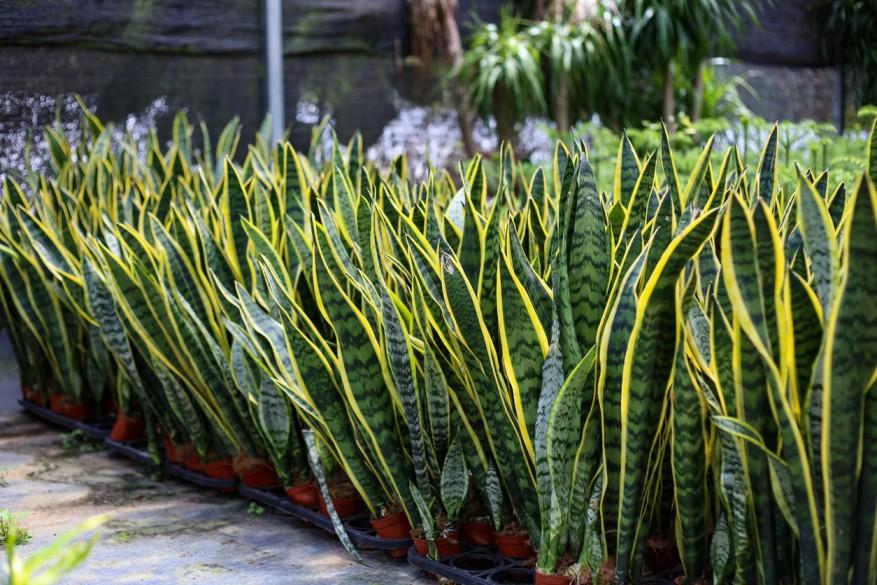
If You Have a Cat or Dog, Get Rid of Your Snake Plants
The snake plant is known by many different names, but whatever you choose to call it, make sure you keep it far away from cats and dogs.
Keep Birds From Flying into Your Windows With These 4 Tips
Birds struggle to see the glass of windows, atriums, and greenhouses, which is why humans need to make small changes to help prevent them from flying into windows.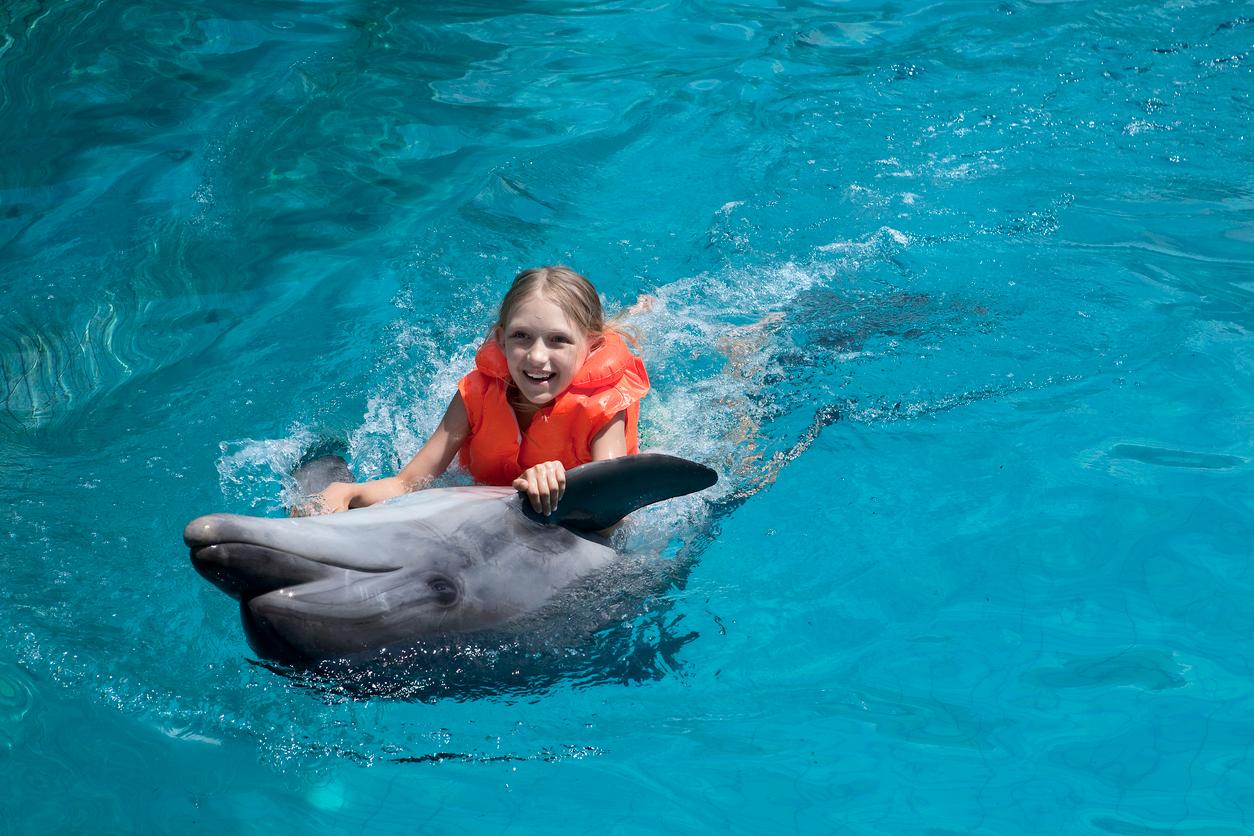
The Surprising Reasons Dolphins Are Dangerous to Humans — and Why You Should Never Swim With Them
As resorts around the world offer the option to swim with dolphins, here is why that's a dangerous idea — for you and them.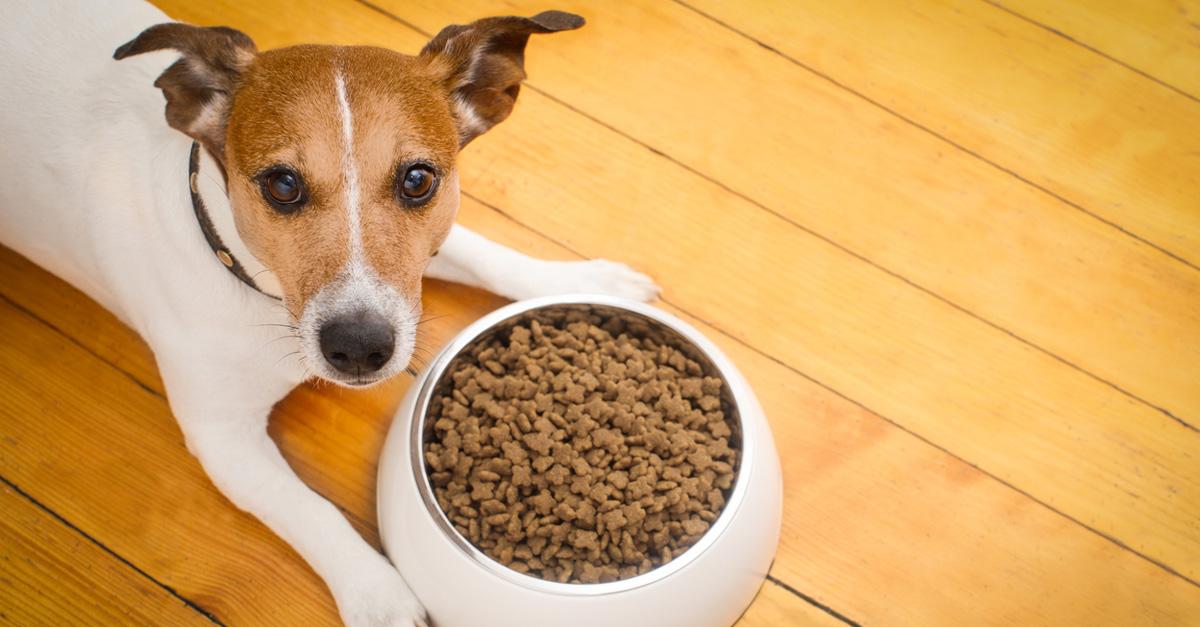
The Best Dog Food for a Sensitive Stomach, According to a Vet Tech (Exclusive)
These dry and wet dog foods are devoid of common allergens and packed with novel proteins, gentle plant-based ingredients, and tons of flavor.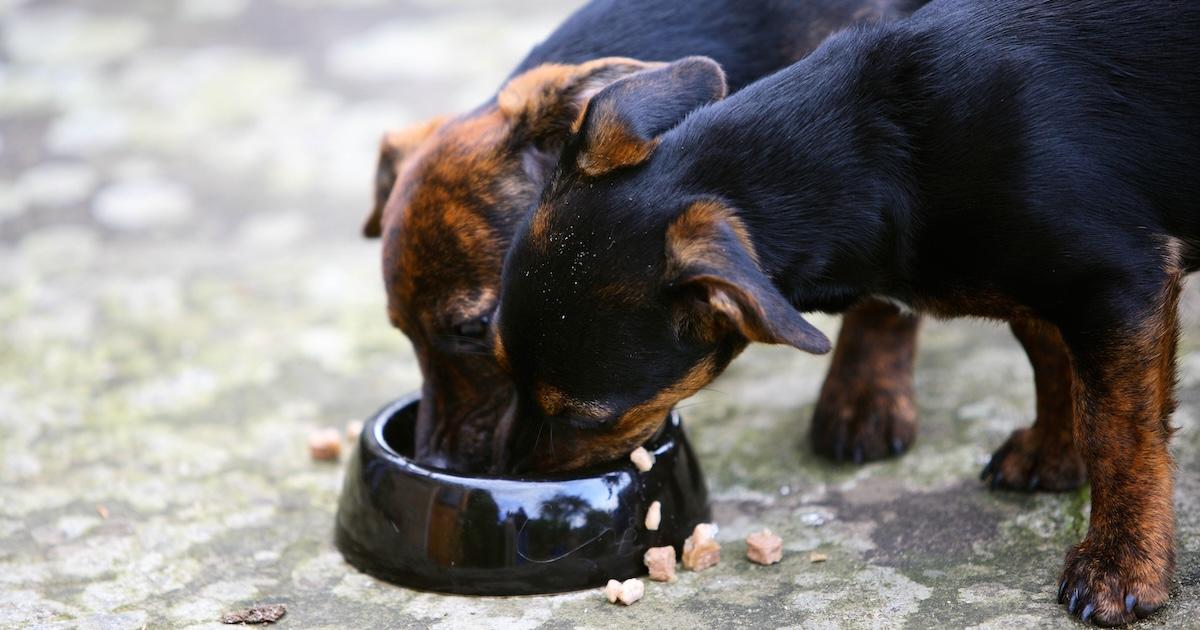
Viva Raw Pet Food Recalled Over Listeria Concerns
The U.S. Food & Drug Administration has issued a recall for Viva Raw dog and cat food products over Listeria monocytogenes concerns.
If You Are Considering Giving Bully Sticks to Your Dog, Read This First
A bully stick might be an affordable treat for your dog, but vets say they aren't the safest treats.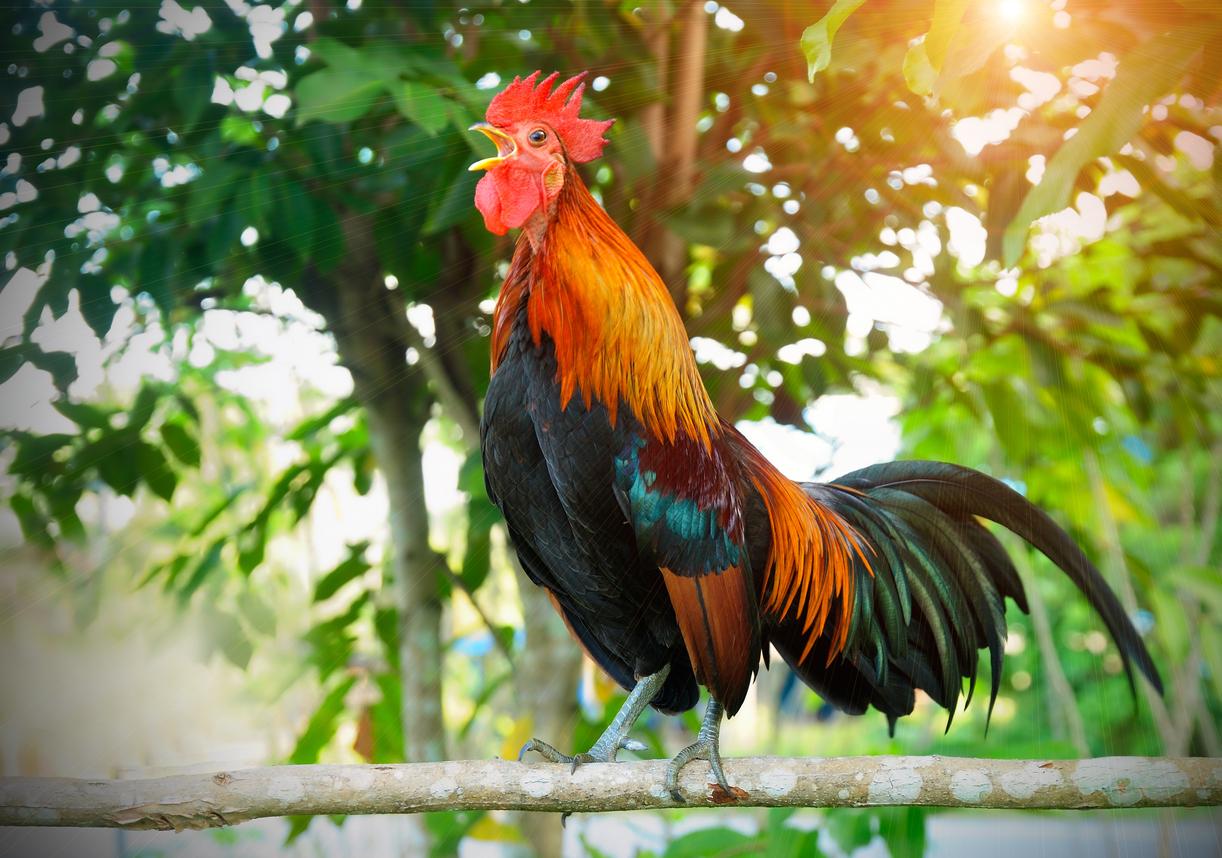
Cock-a-Doodle-Doo: 5 Reasons Why Roosters Crow
There are several reasons why a rooster may crow, and not just during the early hours of the morning at sunrise.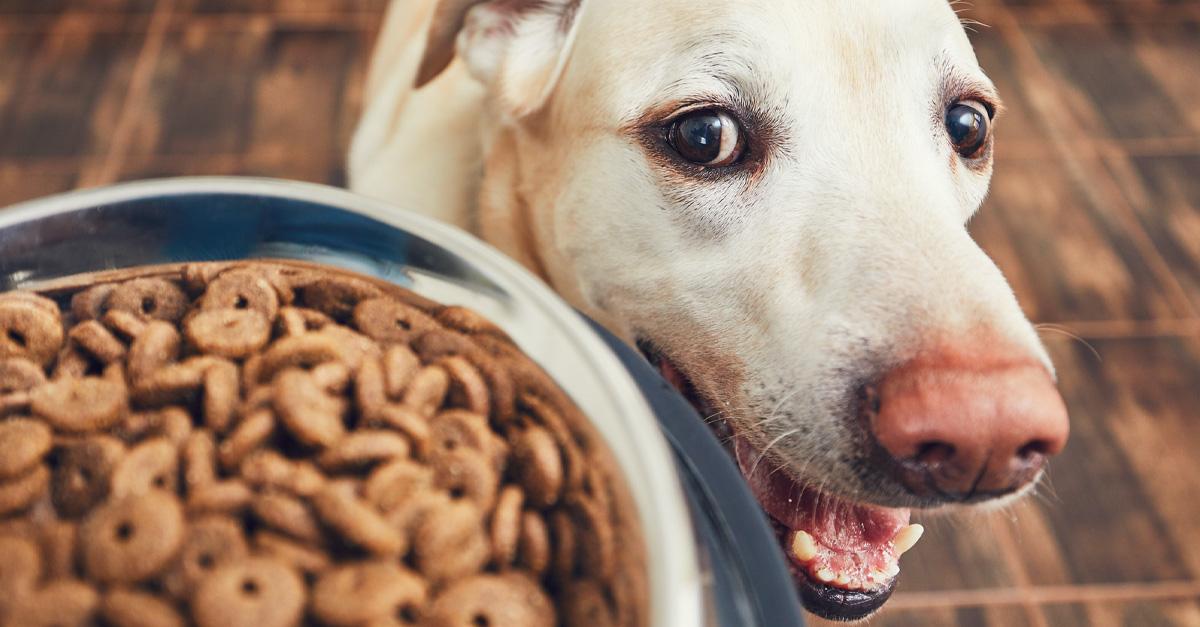
This Is the Best Dog Food for Allergies, According to a Vet Tech (Exclusive)
If your dog's been licking, scratching, sneezing, or getting ear infections, he might have an allergy. These are the best foods to switch to.
Climate Demonstrators Turn King Charles' Portrait Into Cartoon to Protest Animal Cruelty — Details
The portrait of King Charles was hanging in a London art gallery when it was used to call out alleged animal cruelty taking place on RSPCA Assured farms.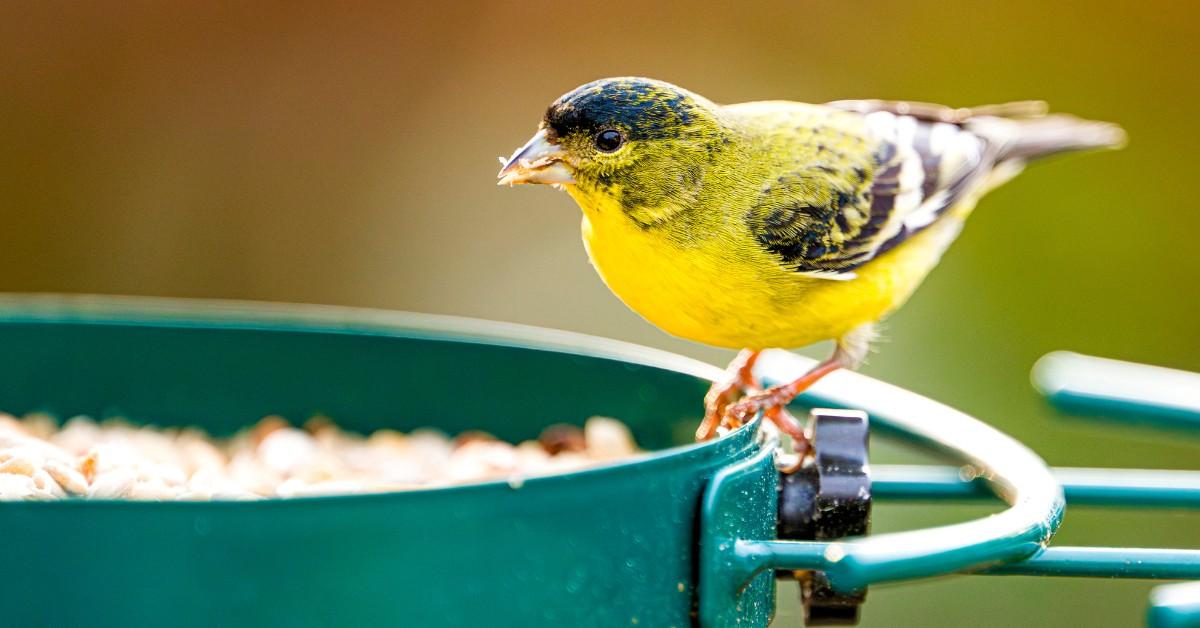
Attract Birds to Your Bird Feeder With These Hacks
Try these foolproof ways to get birds to come to your bird feeder, including getting the right bird feeder for the birds in your area.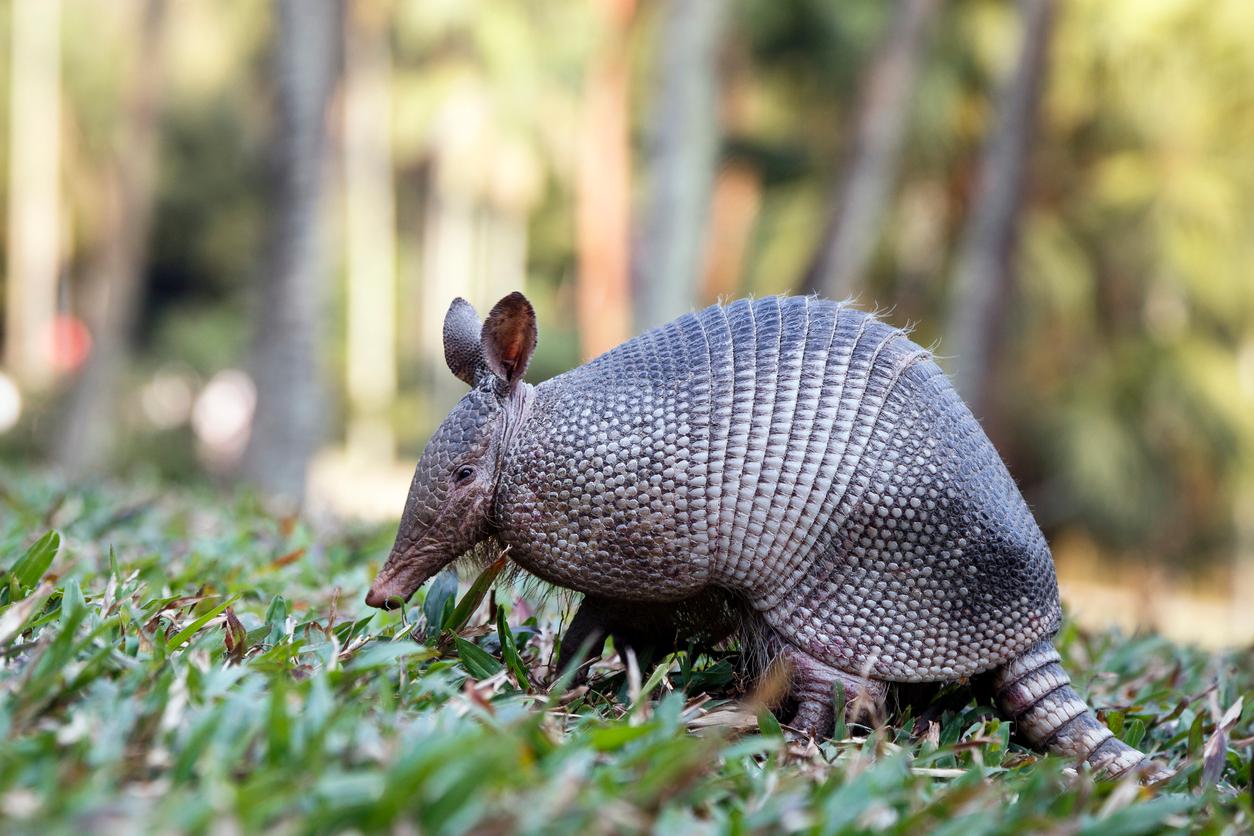
New Jersey and New York Could Soon Be Filled With Armadillos
The armadillo is considered a wild animal and, thus, illegal to keep as a pet in the state of New York.
Petco Gets Called Out Over Destroying Unsold Dog Beds
Petco is coming under fire after a viral video on TikTok appears to show the retailer destroying dog beds instead of donating them to shelters.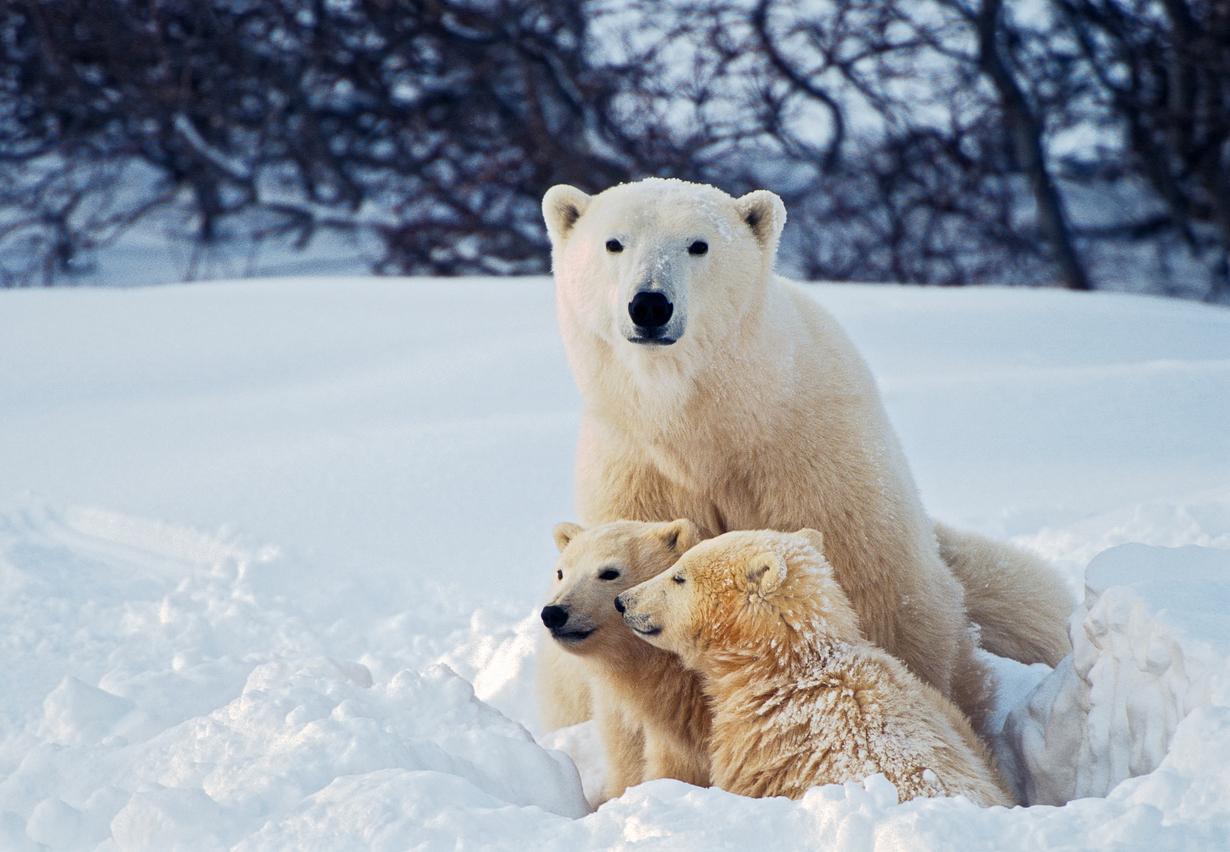
Why There Aren't Polar Bears in Antarctica, According to an Expert
Polar bears are always in search of quality ice and available prey. Evolution seems to have forbid their passage to Antarctica.
Will You Find Penguins in Alaska?
Penguins are not native to Alaska, but there have been occasional sightings of the flightless birds in the icy cold state.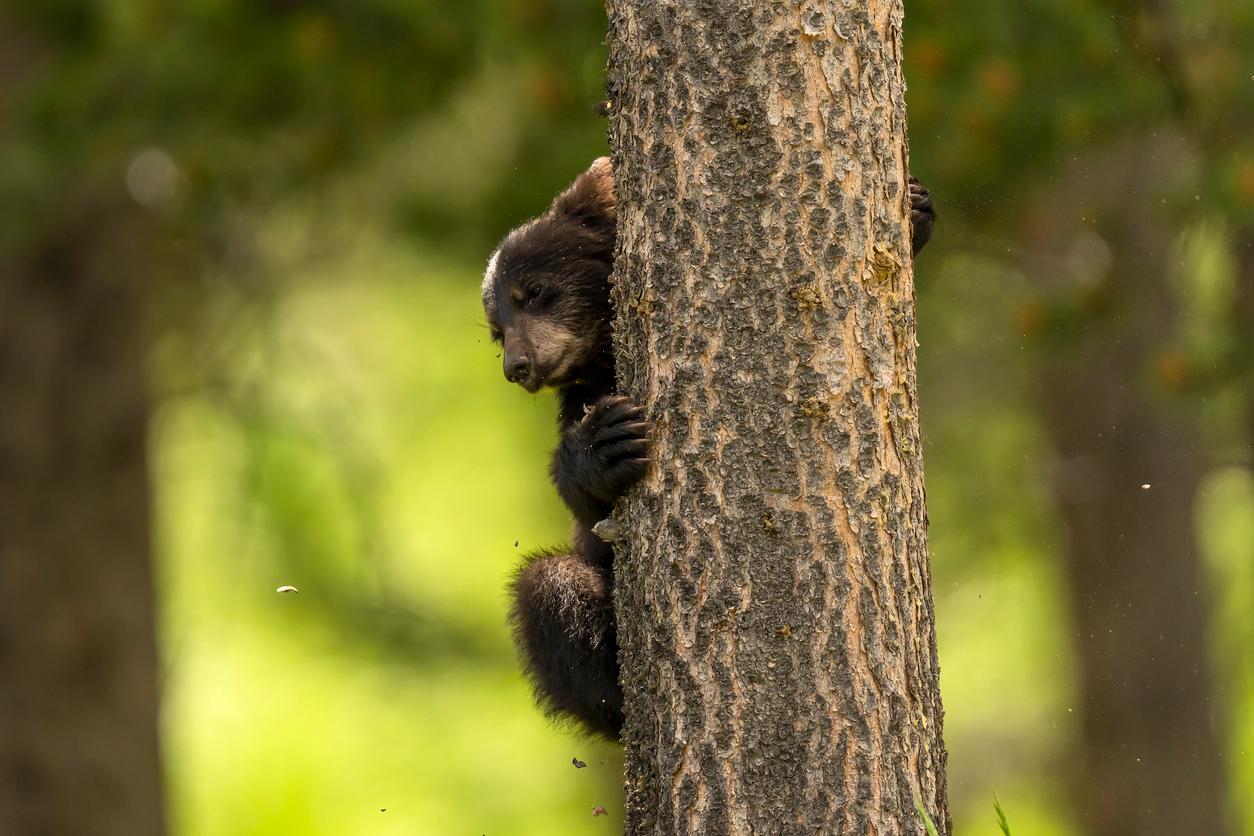
How Many Animals That Start With "N" Can You Name? There Are More Than 700
The animal kingdom is chock full of animals whose names start with the letter N but how many can you name? See if you can match the ones on our list.
Chinese Zoo Accused of Painting Dogs to Look Like Pandas
A Chinese zoo is coming under criticism after dying Chow Chows black and white and trying to pass them off as "panda dogs."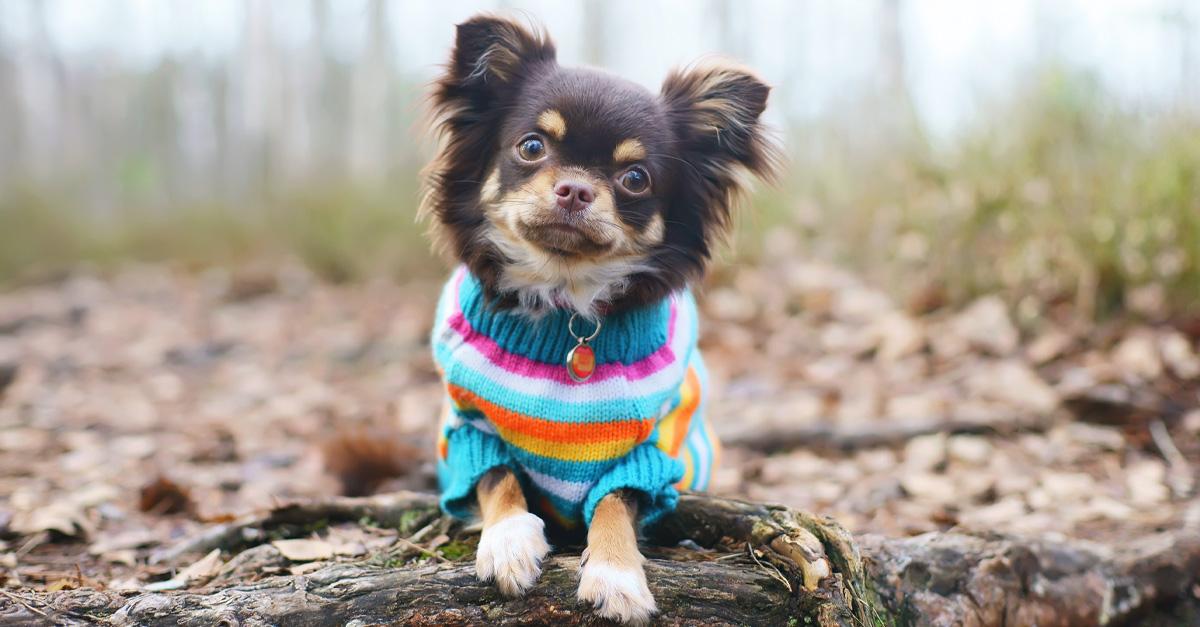
Fetching Organic Dog Sweaters to Keep Your Canine Cute and Cozy
Get your runway-ready pup the organic dog sweater she deserves. These button-ups, hoodies, fleeces, and more are made of materials like organic cotton and hemp.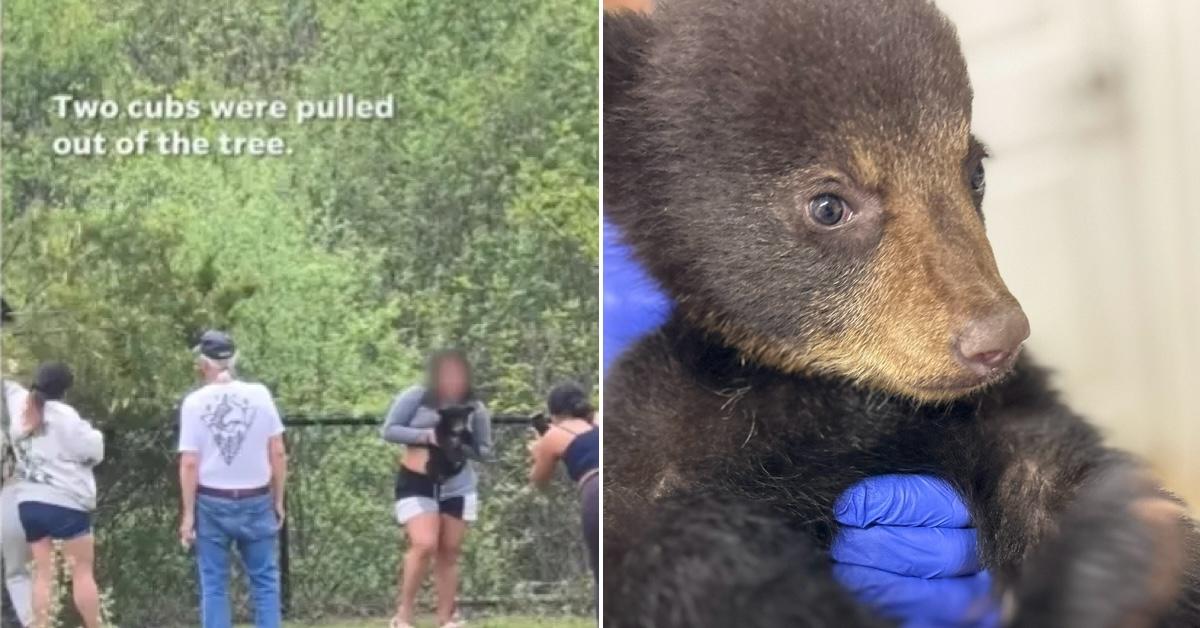
Bear Cub Recovering at Wildlife Refuge After Being Yanked From Trees for a Selfie
A bear cub is recovering at Appalachian Wildlife Refuge after being seized from a tree so that a group of people could take selfies.
Can Cats Get the Hiccups? Here's What to Do When Your Cat Squeaks
Cats are notorious for portraying offended expressions when we sneeze or hiccup, but can they themselves develop a case of the hiccups, too?
